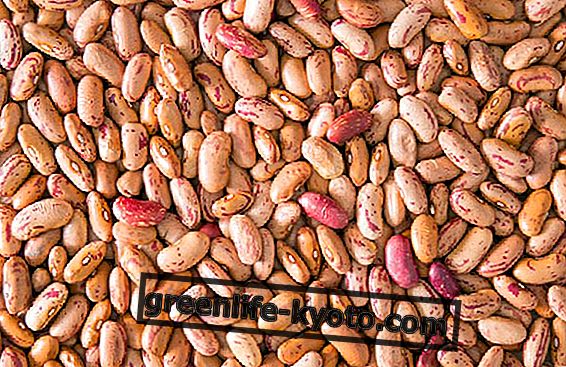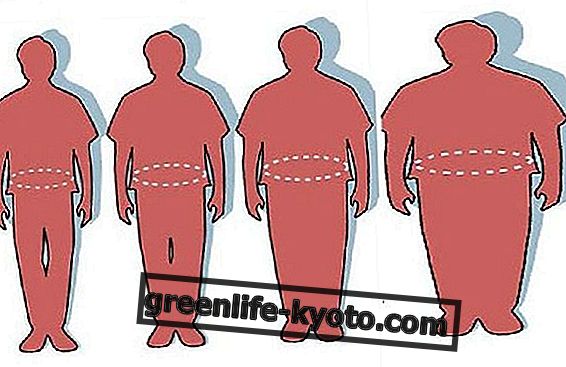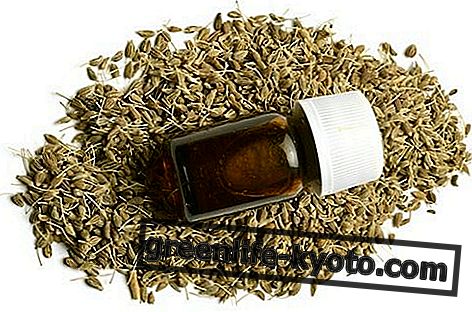
Water retention in pregnancy is a very common problem and causes swelling of the lower limbs, particularly to the feet: we see the advice and remedies to alleviate the symptoms caused by the stagnation of fluids during pregnancy .
Water retention in pregnancy: causes and symptoms
Water retention during pregnancy is a consequence of very common gestation and generally occurs during the last three months of the interesting state.
Fluid stagnation is mainly due to hormonal changes, the change in plasma composition and weight gain typical of gestation. In particular, the increase in progesterone in the circulation causes vasodilation, which in turn causes venous stasis and fluid retention .
Water retention in pregnancy causes swelling of the lower limbs, buttocks, hands, feet and sometimes it can also affect the face. The swelling of the tissues due to water retention in pregnancy is characterized by skin clarity and, if light pressure is applied to the area affected by the edema, a concavity will form which will persist for a few seconds. Swelling tends to get worse when you spend a lot of time standing and during the warm months, as high temperatures further promote vasodilation.
Although it is a troublesome condition, water retention in pregnancy is not a worrying phenomenon and normally disappears after giving birth; to alleviate the symptoms of fluid accumulation, we can take action to reduce the problem.
Remedies for swollen legs during pregnancy
Water retention in pregnancy: tips and remedies
To reduce water retention during pregnancy it is necessary to act on the circulation, to avoid venous stasis and, consequently, the accumulation of fluids. For this purpose, all those devices that reactivate circulation are useful:
- keep the legs raised with one or more cushions when lying down,
- avoid spending a lot of time standing, wearing comfortable shoes that do not force your feet;
- undergo lymph-draining massages,
These are just some of the useful tips to remedy water retention during pregnancy .
Furthermore, it is very useful to carry out a light but constant physical activity, even during pregnancy: walking at least half an hour a day may already be enough to reactivate the circulation; if a sedentary activity is carried out, in which one remains seated for a long time during the day, it can be helpful to carry out a dozen lifts on the tips of the feet every hour, to avoid the excessive stagnation of liquids in the lower limbs. If you have any doubts about the type of physical activity to be practiced during pregnancy, contact your doctor to advise you in the best way, also in relation to your general state of health.
It is obviously important to control weight during pregnancy, not just to reduce the symptoms of water retention. So follow a balanced diet, rich in fruit and vegetables: it is important in particular not to overdo the salt intake because an excess of sodium favors water retention, and drink at least two liters of water a day to stimulate diuresis and counteract the liquid stagnation .













